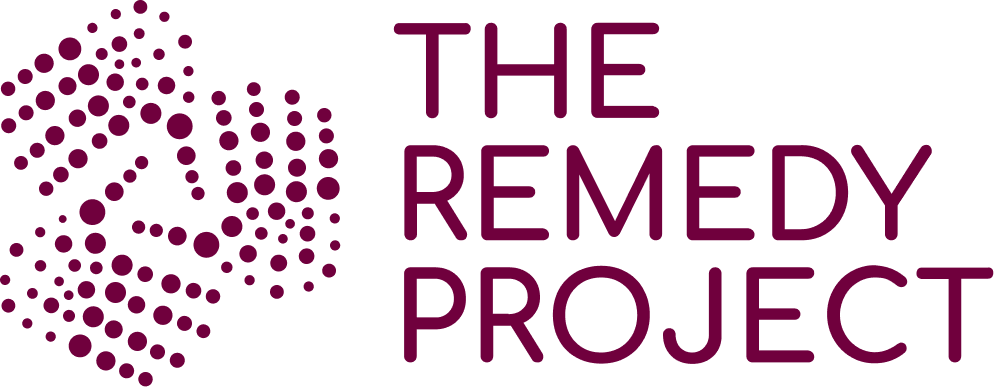Navigating the choppy landscape: Three key takeaways for businesses on Human Rights Due Diligence
Human rights due diligence is about identifying, managing and mitigating risk to people so it follows that policies and processes created should be oriented and focused towards rights holders while carefully balancing commercial requirements without the latter overshadowing people. Here are our key takeaways for businesses:
Consider developing grievance systems that are both early warning signals and pro-active in identification of potential risk and reactive in providing mitigation in cases where risks have materialised. Much of the success of early detection relies on how well-socialised the mechanism is with the relevant rightsholders; how accessible it is to rights holders; and how well-trusted the system is by affected rights holders. Active engagement of rightsholders (i) in the design, development and implementation of the grievance system; and ii) in the monitoring and evaluation of the effectiveness of the mechanism is critical to the creation of trust and legitimacy.
In practice, there is a tendency to silo due diligence efforts/issues from grievance mechanisms. In fact, effective grievance mechanisms double up as (i) early warning signals that play a critical role in risk identification; and (ii) a platform for the management and mitigation of risk. As such, grievance mechanisms are a core component of any effective human rights due diligence system. The rigour expected in upcoming and new human rights due diligence focused legislation particularly in relation to oversight, management responsibilities and reporting applies equally to grievance mechanisms too. It is wise to invest in improvements to grievance mechanisms such as improvements on data collection means and subsequent analysis; improved means of providing feedback from grievance data analysis into corporate policies and processes; and better cross-sectionality between different teams working on risk and grievances.
A key part of knowing your supply chain is knowing your rights holders and stakeholders. Rightsholders should play a key part in the design of Corrective Action Plans. Businesses that are driven by a focus on CAPs closure may find that this often comes at the expense of the quality of the CAP. Remedy is not simply about access but also about the outcome. This is highlighted in the guidance provided by the German regulators Bafa in relation to the expectations of the German Supply Chain Due Diligence Act on remedy. The guidance suggests that “Although the Supply Chain Due Diligence Act does not include any obligation to pay reparation, an enterprise’s efforts to this effect when it is established that a regulatory offence has been committed will be taken into account with positive effect when calculating administrative fines” (Section 24(4) no.7).
